Wedge Medical Center 2009 South Broad Street

Overview
Wedge Medical Center 2009 South Broad Street is an accredited substance abuse treatment center that provides outpatient treatment for men from 18+ years of age. As part of their special programs, Wedge Medical Center 2009 South Broad Street treats clients with co-occurring mental and substance use disorders, criminal justice (other than dui/dwi)/forensic clients, and clients who have experienced trauma. To help patients achieve sobriety, Wedge Medical Center 2009 South Broad Street provides intake assessments. Afterward, patients receive cognitive behavioral therapy, telemedicine/telehealth therapy, and substance use disorder counseling during treatment. Wedge Medical Center 2009 South Broad Street is located in Philadelphia, Pennsylvania, providing treatment for people in Philadelphia County, accepting cash or self-payment, medicaid, and medicare.
Wedge Medical Center 2009 South Broad Street at a Glance
Payment Options
- Cash or self-payment
- Medicaid
- Medicare
Assessments
- Screening for tobacco use
- Comprehensive mental health assessment
- Comprehensive substance use assessment
- Outreach to persons in the community
- Screening for mental disorders
Age Groups
- Young adults
- Adults
Ancillary Services
- Case management service
- Specially designed program for DUI/DWI clients
- Mental health services
- Transportation assistance
Highlights About Wedge Medical Center 2009 South Broad Street
7.33/10
With an overall rating of 7.33/10, this facility has following balanced range of services. Alcohol Rehabilitation: 8.00/10, Drug Rehab and Detox: 7.85/10, Insurance and Payments: 6.00/10, Treatment Options: 7.46/10.-
Alcohol Rehabilitation 8.00
-
Drug Rehab and Detox 7.85
-
Treatment Options 7.46
-
Insurance and Payments 6.00
Accreditations
State department of health:

State Licenses, issued by government agencies, authorize rehabilitation organizations to legally operate within designated geographical areas. The specific licenses required for operation are typically determined by both the nature of the rehabilitation program provided by the facility and its physical location.
SAMHSA certification for opioid treatment program (OTP):
SAMHSA's Opioid Treatment Programs (OTP) Accreditation is a rigorous recognition process, signaling an OTP's commitment to high-quality care for those with opioid use disorders. It assures patients, families, and the community that the program adheres to evidence-based practices, maintains a safe environment, and employs qualified staff. This accreditation represents a commitment to addressing the opioid epidemic and promoting recovery, symbolizing quality and accountability in opioid addiction treatment.
Treatment At Wedge Medical Center 2009 South Broad Street
Treatment Conditions
- Alcoholism
- Substance use treatment
Care Levels
- Outpatient
- Outpatient methadone/buprenorphine or naltrexone treatment
- Regular outpatient treatment
- Aftercare
Treatment Modalities
- Cognitive behavioral therapy
- Telemedicine/telehealth therapy
- Substance use disorder counseling
- Trauma-related counseling
- Group counseling
Ancillary Services
Additional Services
- Pharmacotherapies administered during treatment
- Mentoring/peer support
- Breathalyzer or blood alcohol testing
Special Programs
- Clients with co-occurring mental and substance use disorders
- Criminal justice (other than DUI/DWI)/Forensic clients
- Clients who have experienced trauma
Get Help Now
Common Questions About Wedge Medical Center 2009 South Broad Street
Contact Information
Other Facilities in Philadelphia
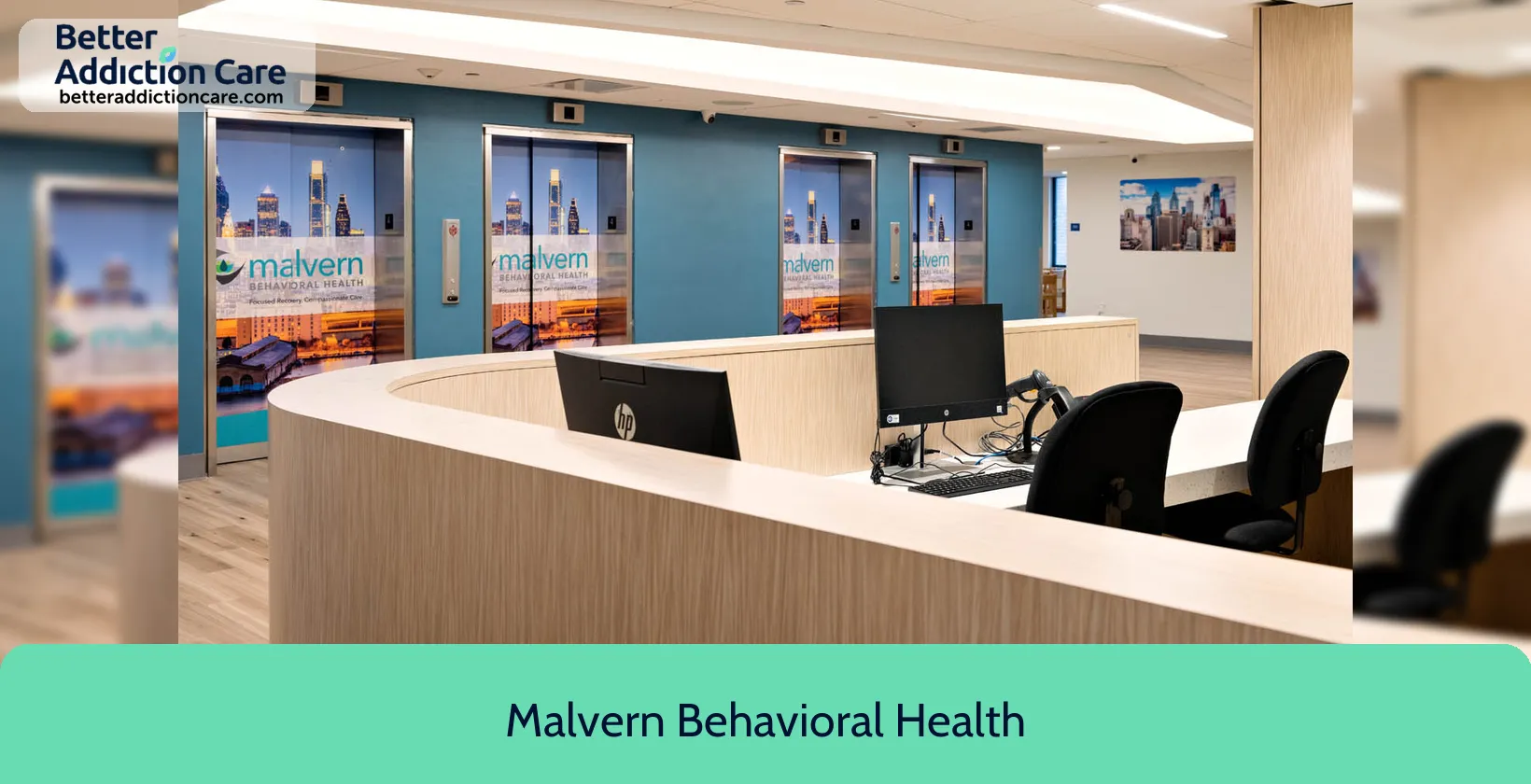
7.43
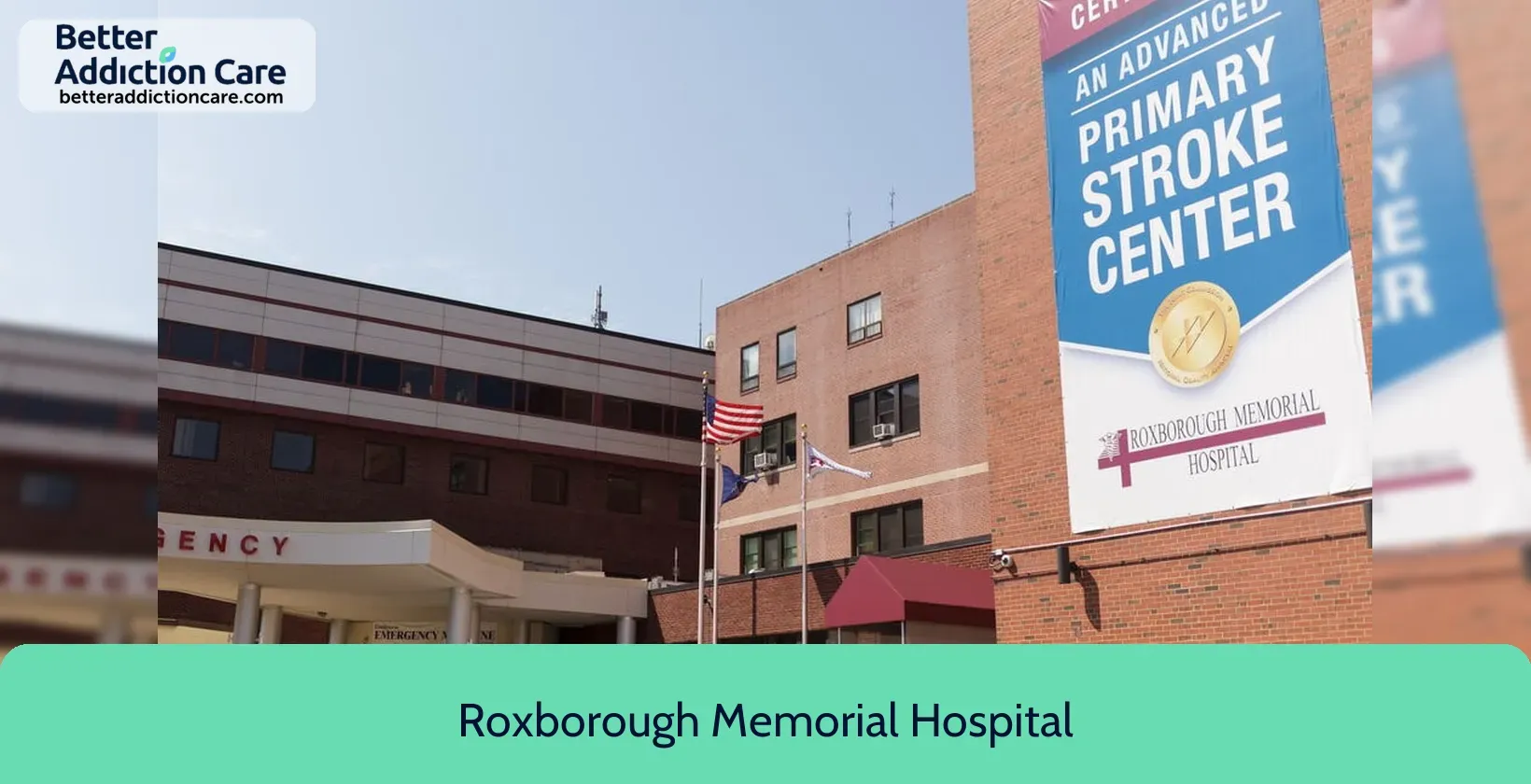
6.68
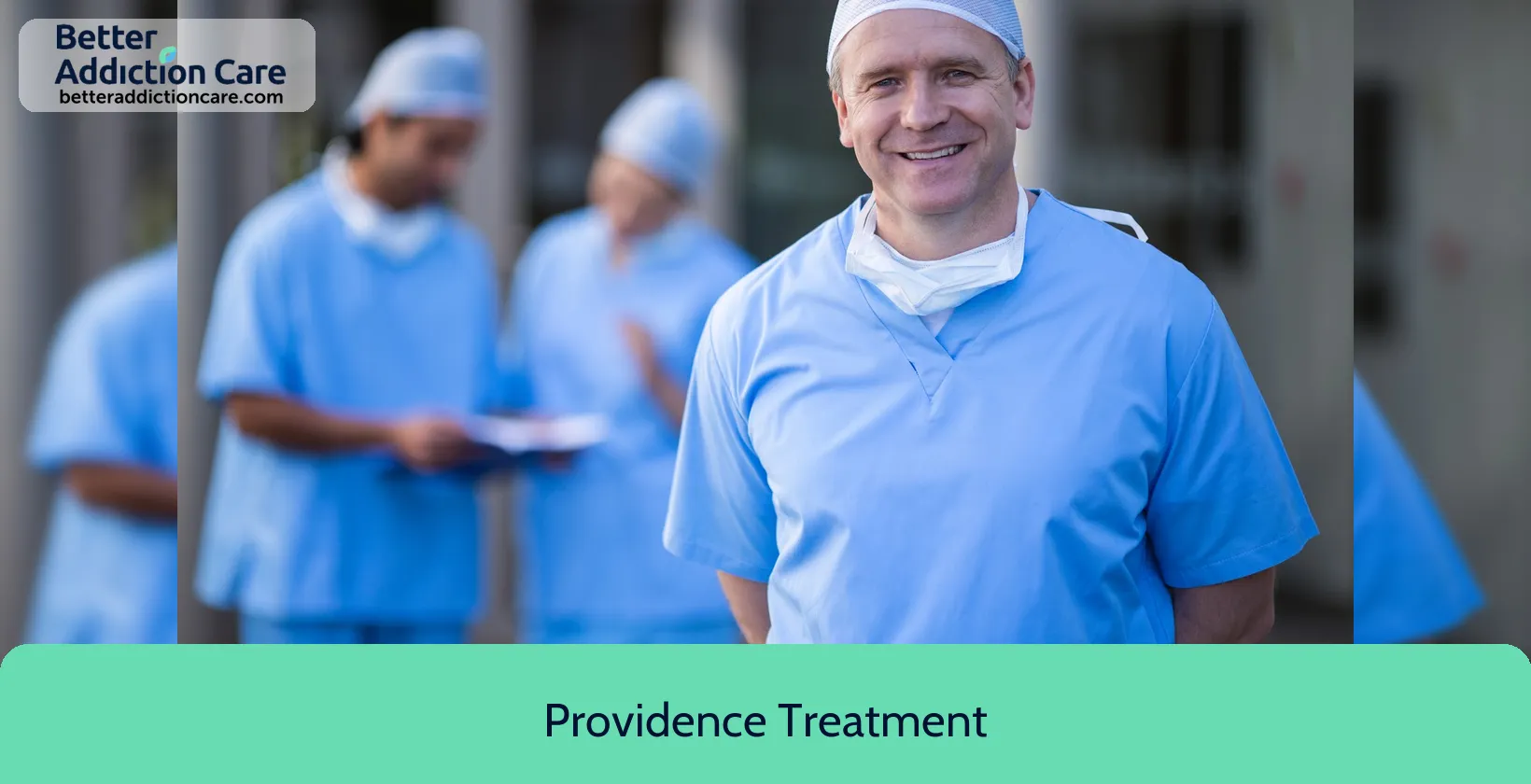
6.89
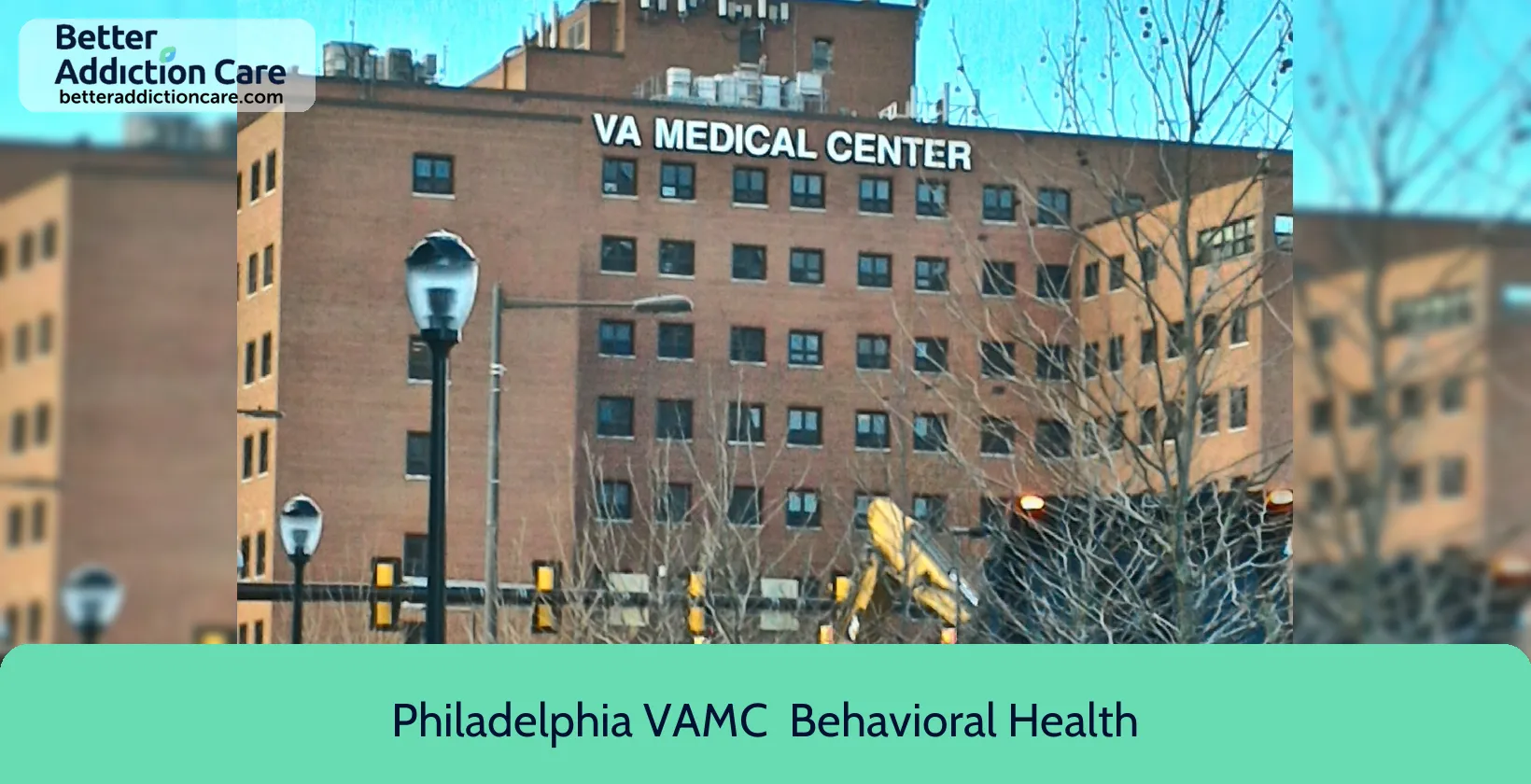
6.80
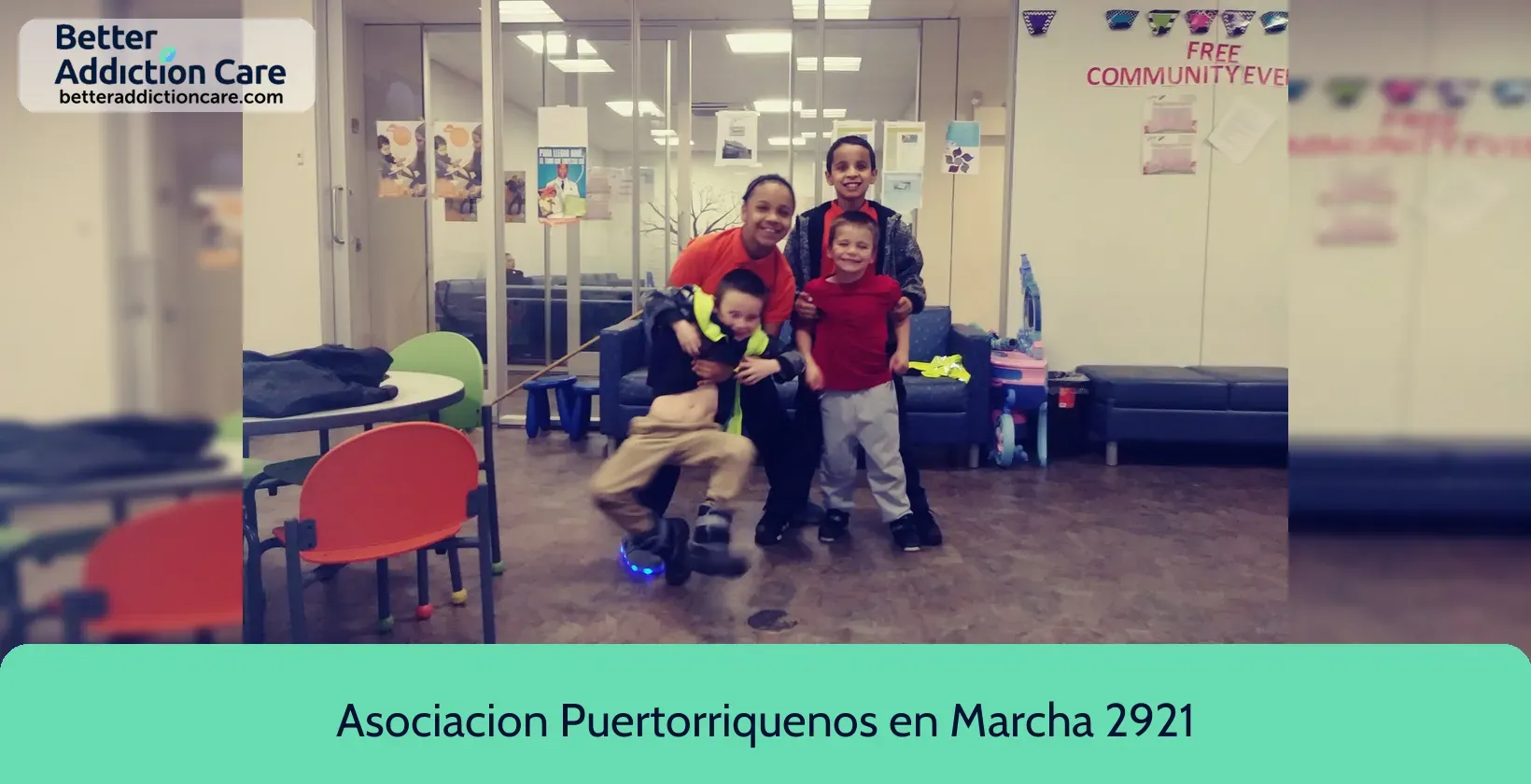
7.63

6.68
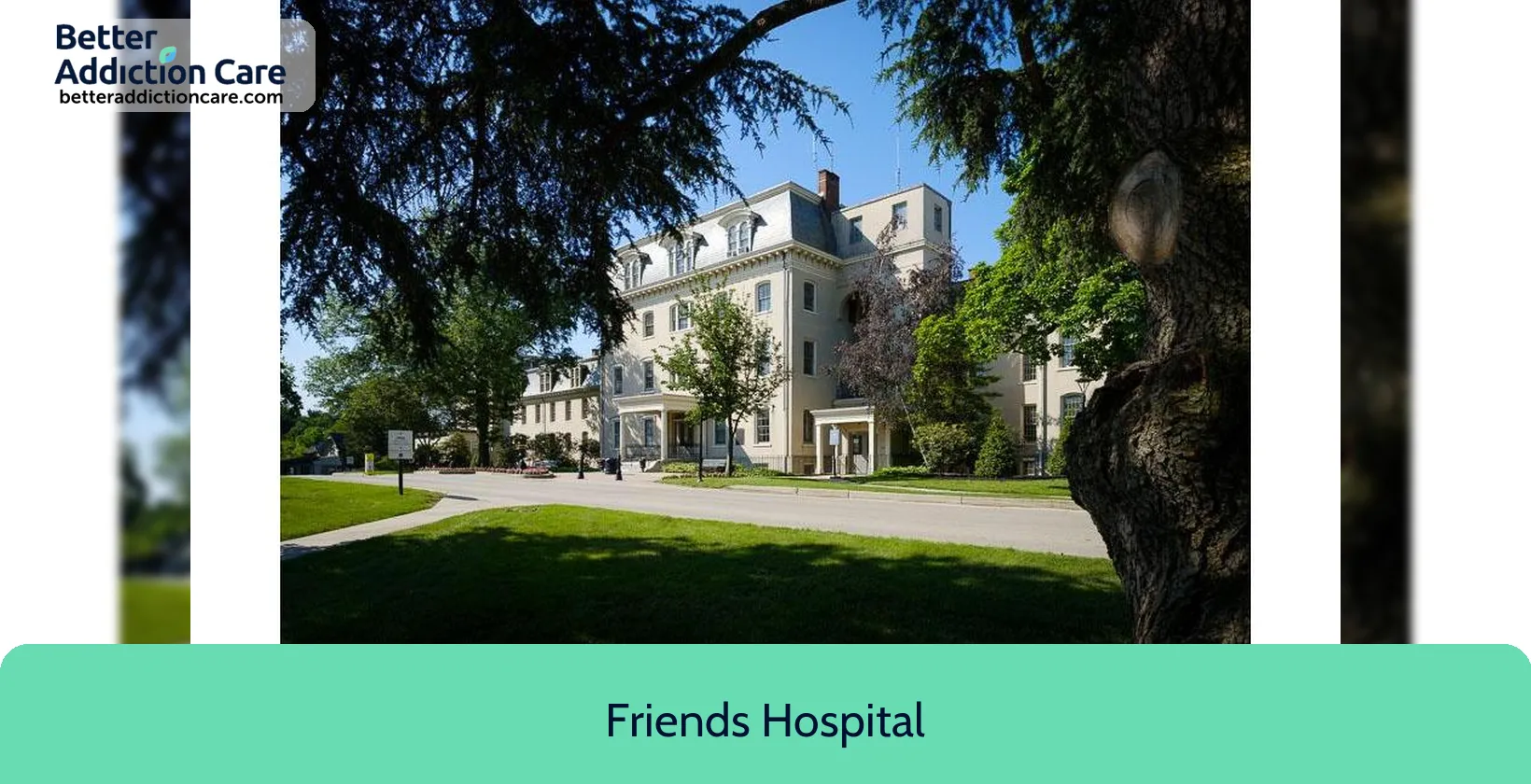
6.65
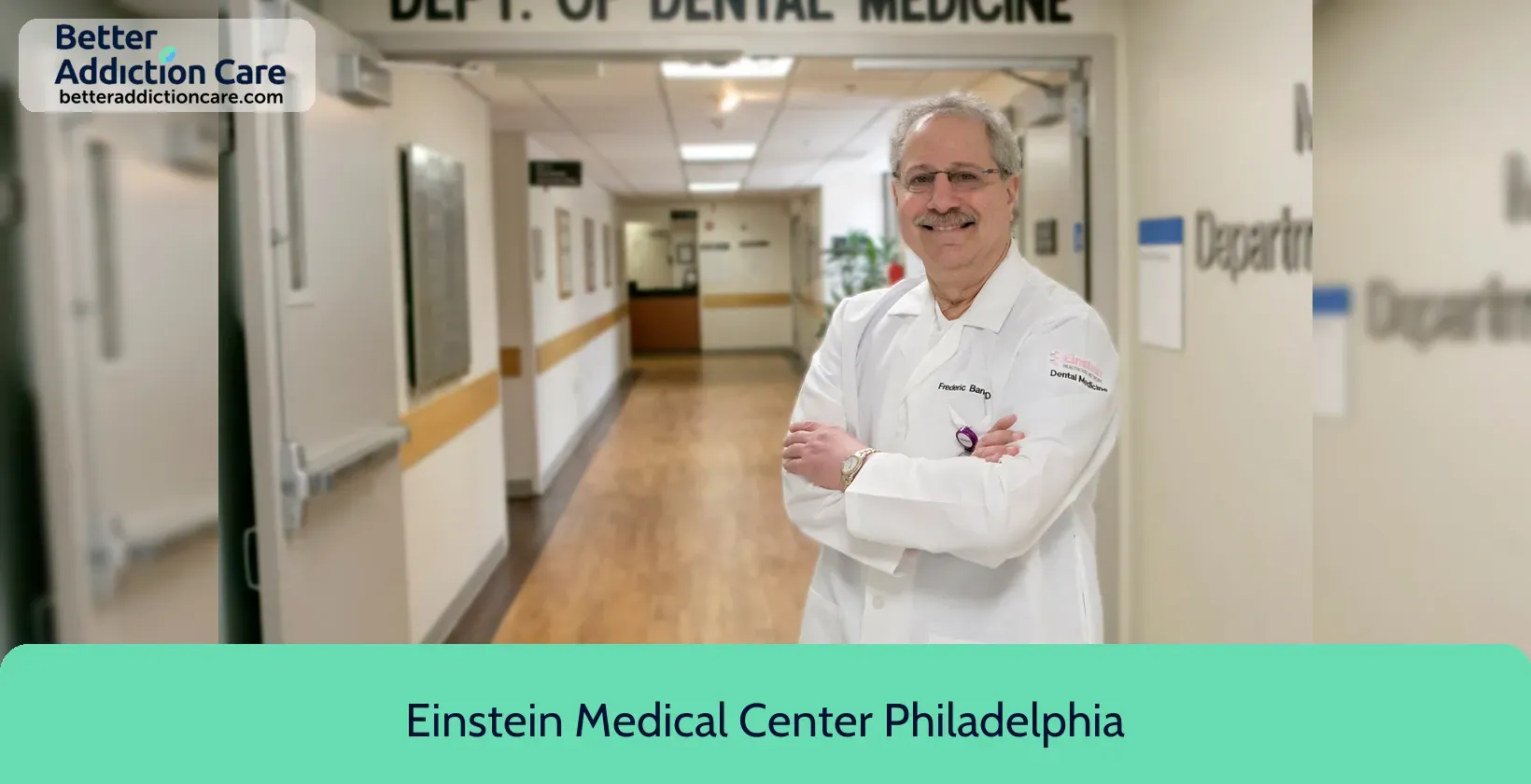
6.62
DISCLAIMER: The facility name, logo and brand are the property and registered trademarks of Einstein Medical Center Philadelphia, and are being used for identification and informational purposes only. Use of these names, logos and brands shall not imply endorsement. BetterAddictionCare.com is not affiliated with or sponsored by Einstein Medical Center Philadelphia.
